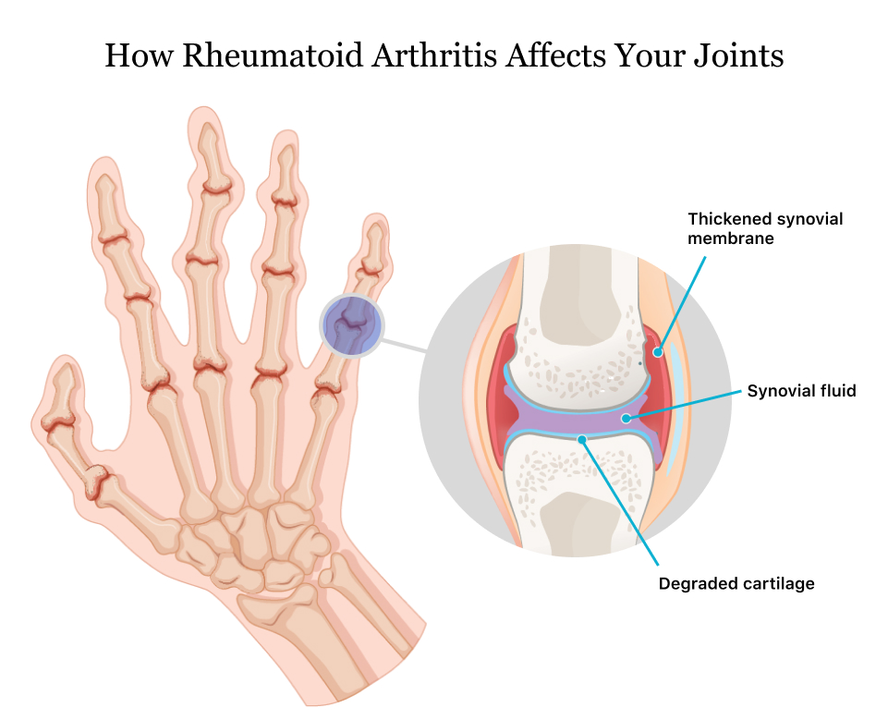Rheumatoid arthritis: what you need to know right now
Rheumatoid arthritis (RA) is an immune system problem that mainly targets your joints. It usually causes pain, swelling, stiffness — and it often feels worse in the morning. RA can affect both small joints (like fingers) and larger ones (knees, shoulders). Unlike wear-and-tear arthritis, RA can be rapid and affects both sides of the body.
Knowing the common signs helps you act early: persistent joint pain for weeks, morning stiffness longer than 30 minutes, swollen warm joints, unexplained tiredness, or low-grade fever. If several of these sound familiar, see a doctor. Early treatment slows damage and keeps your joints working.
Treatment options to stop damage and ease symptoms
Doctors use a mix of medicines depending on how active the disease is. Pain relievers and anti-inflammatory drugs (NSAIDs) help control symptoms fast, but they don’t stop joint damage. Corticosteroids work quickly to reduce inflammation and can be used short-term.
The key drugs are DMARDs (disease-modifying antirheumatic drugs). Methotrexate is the most common starting choice. DMARDs slow or stop immune attacks on joints. If DMARDs aren’t enough, biologic drugs target specific parts of the immune system. Biologics like TNF inhibitors can be very effective but need monitoring for infections.
Treatment is tailored: your age, other health problems, and how severe your RA is all matter. Regular blood tests are common to check drug safety. Talk to your doctor about risks and realistic goals — many people reach low disease activity or remission.
Everyday tips to feel better and protect your joints
Small daily habits make a big difference. Keep active with low-impact exercise: walking, swimming, or gentle cycling. Strength training helps protect joints by supporting muscles. Aim for a balanced diet rich in vegetables, fish, and whole grains — omega-3s from fish oil can help inflammation for some people.
Protect your joints during tasks: use larger joints for lifting, try tools with padded grips, and avoid long repetitive motions. Prioritize sleep and manage stress — both affect pain and fatigue. If you’re overweight, even modest weight loss reduces joint strain.
Be careful with supplements and online treatments. Some supplements like turmeric or fish oil may help, but talk with your doctor before starting anything new. Certain herbal products and unregulated online drugs can interact with RA meds or cause harm.
Finally, keep regular follow-ups. RA can change over months, and treatment often needs adjusting. If you notice new swelling, fever, or sudden loss of function, contact your rheumatologist or primary care right away. With early care and steady management, many people with RA lead active, full lives.

Alendronate and Rheumatoid Arthritis: Can it Help?
- May, 21 2023
- Daniel Remedios
- 12 Comments
In my recent research on rheumatoid arthritis treatments, I came across a medication called Alendronate. This drug, typically used for osteoporosis, has shown potential benefits in managing rheumatoid arthritis symptoms. Studies have indicated that Alendronate may help reduce inflammation and bone erosion, which are common issues for those with rheumatoid arthritis. However, more research is needed to fully understand the drug's effectiveness and long-term effects on rheumatoid arthritis patients. It's crucial for individuals to consult with their healthcare provider before considering Alendronate or any new treatment.
